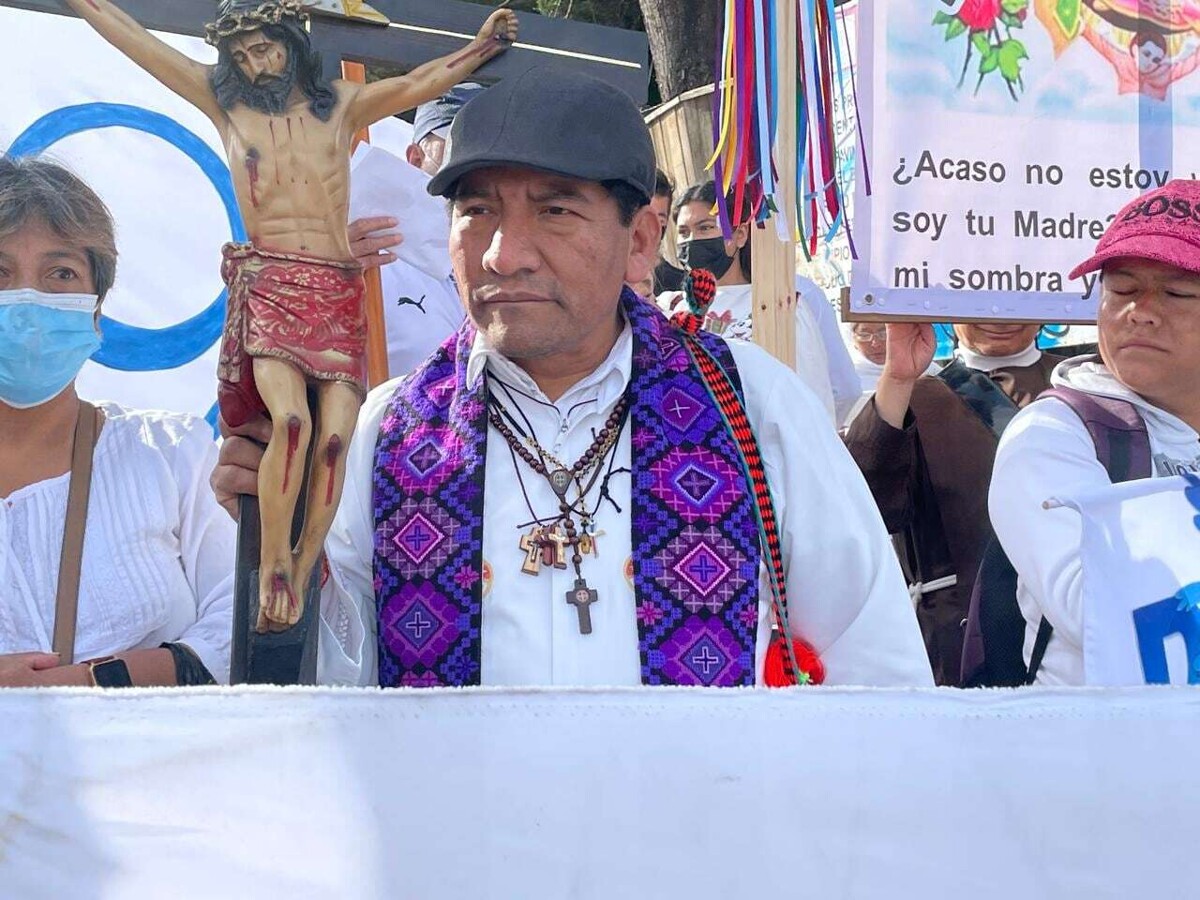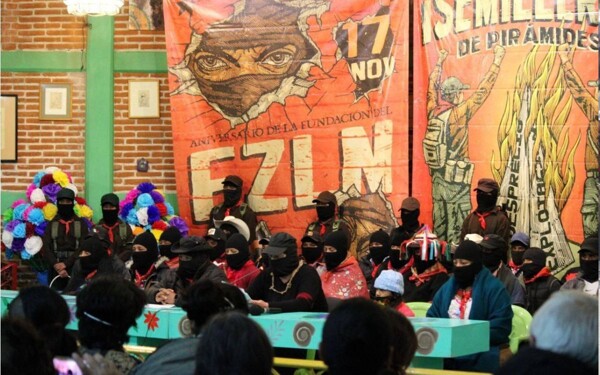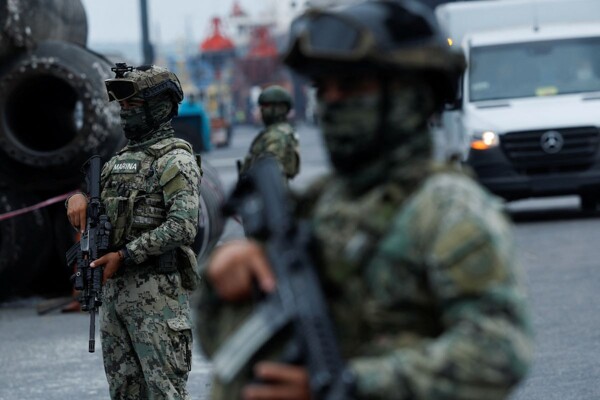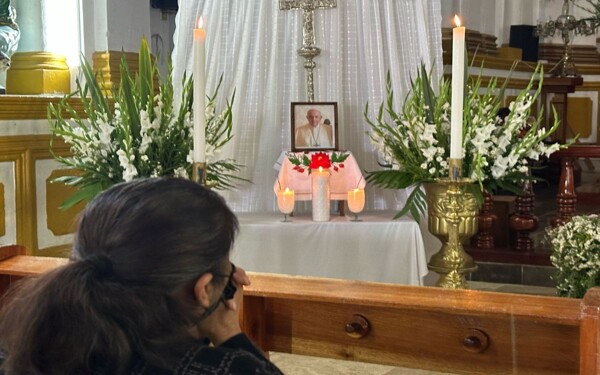
Priest Marcelo Pérez was murdered by two youths on a motorcycle last Sunday, October 20. Subsequent investigations revealed the existing threats against him, which he had referred to several times while seeking government protection. The crime occurred after a mass, on the way to the Guadalupe church. The father denounced the indifference and denial of help from the Government of Claudia Sheinbaum and her predecessor.
Criminal groups such as "Los Machetes" and "Los Herrera" had put a price on the life of priest Marcelo Pérez due to his constant activism in Chiapas communities. In 2021, he intervened in cases of kidnapping and disappearances involving these groups. Despite the constant death threats, both religious authorities and fellow activists blamed the authorities for ignoring the warnings.
In response to the intimidation, in 2021, Pérez chose to move to the Parish of Guadalupe in San Cristóbal de las Casas, where he was ultimately murdered. In previous interviews, he had mentioned threats to other religious figures and personal attacks. Organized crime also extorted to maintain its territorial dominance.
The priest, recognized for his activist work in indigenous tzotzil communities and the defense of human rights, participated in marches against violence in Chiapas. Since 2015, Marcelo Pérez had protective measures from the IACHR due to the constant threats against his life for his work in human rights defense in Simojovel and other areas of Chiapas. The tzotzil indigenous people maintain constant dialogue with the Mexican State regarding marginalization and the lack of basic services in the community.














